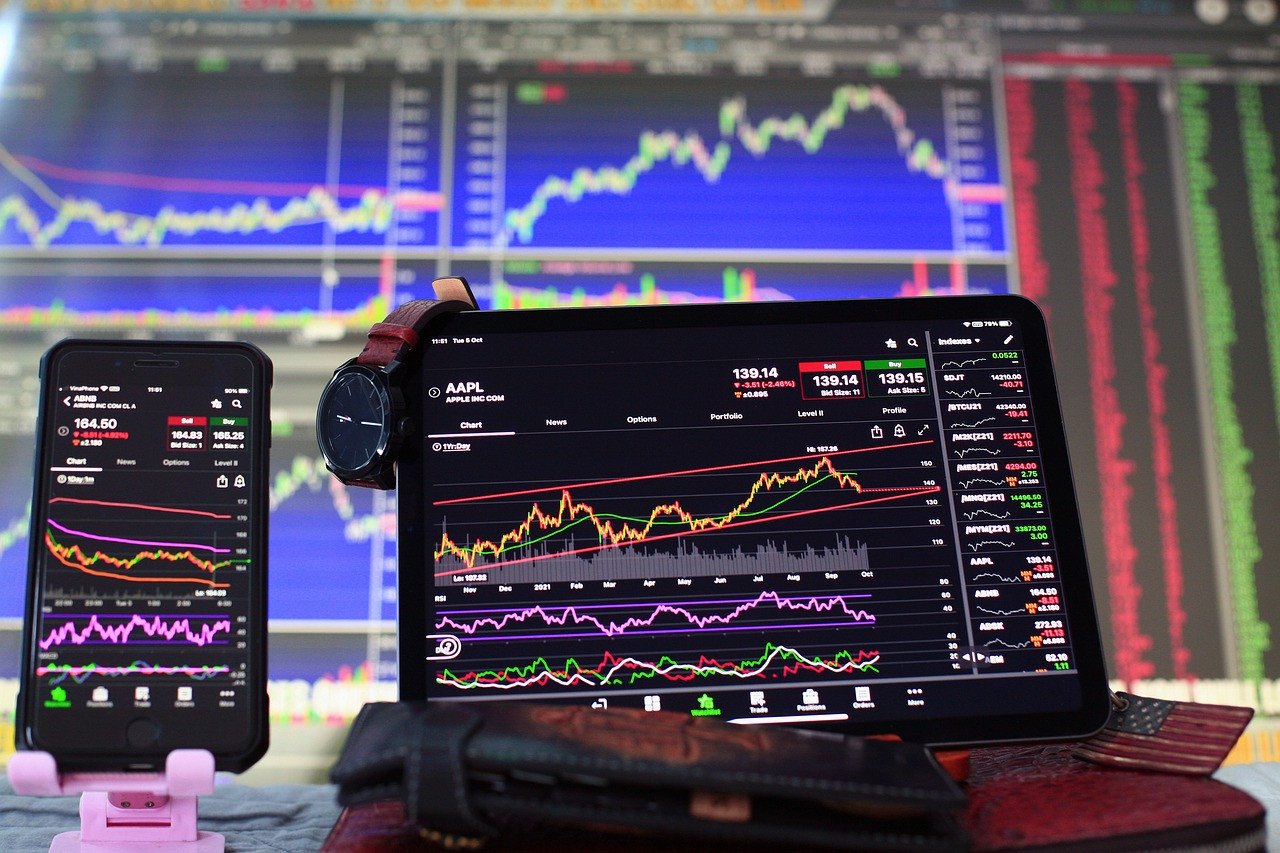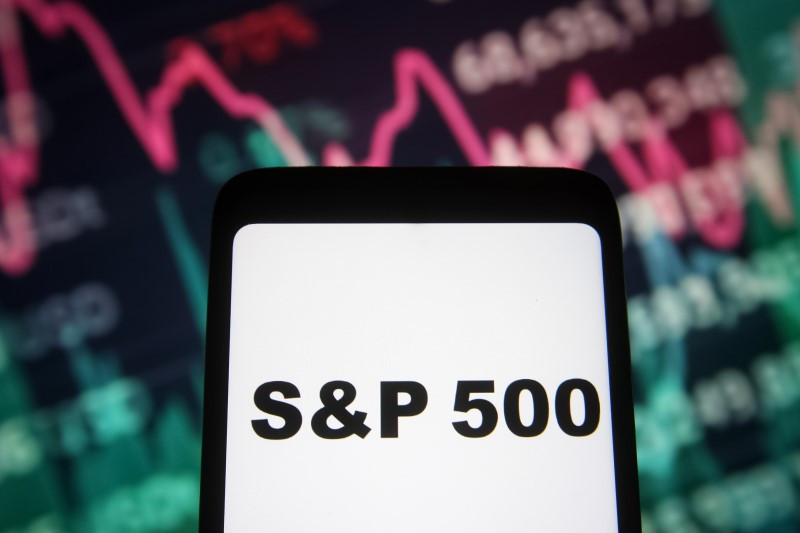
Futures Trading: An Overview
Futures trading is a form of financial trading where participants buy and sell contracts to deliver or receive an asset at a future date, at a price agreed upon today. This market plays a crucial role in the global financial system, allowing investors and businesses to hedge against risks and speculate on the future price movements of various assets.
Key Concepts
Futures Contracts: A futures contract is a standardized agreement to buy or sell an asset at a predetermined price on a specific date in the future. These contracts are traded on futures exchanges and cover a wide range of assets, including commodities (like oil and gold), financial instruments (such as stock indices and interest rates), and currencies.
Leverage: Futures trading often involves leverage, meaning traders can control a large position with a relatively small amount of capital. While this can amplify potential profits, it also increases the risk of significant losses.
Margin: To enter a futures contract, traders must deposit a margin, which is a fraction of the contract's value. There are two types of margins:
- Initial Margin: The amount required to open a position.
- Maintenance Margin: The minimum balance required to keep a position open. If the account balance falls below this level, the trader will need to deposit additional funds, known as a margin call.
Hedging vs. Speculating:
- Hedging: Futures are commonly used by businesses and investors to protect against price fluctuations in the underlying asset. For example, a farmer might use futures to lock in the price of crops before harvest.
- Speculating: Traders and investors also use futures to profit from anticipated price movements. They may take long positions if they expect prices to rise or short positions if they expect prices to fall.
Settlement:
- Physical Delivery: Some futures contracts involve the actual delivery of the underlying asset at the contract's expiration.
- Cash Settlement: Most futures contracts are settled in cash, meaning the difference between the contract price and the market price is paid out, rather than the physical asset being delivered.
- Liquidity: Futures markets are typically highly liquid, with many participants trading large volumes of contracts. This liquidity ensures that traders can enter and exit positions with relative ease.
- Diversification: Futures trading provides access to a broad range of asset classes, enabling traders to diversify their portfolios beyond traditional stocks and bonds.
- Transparency: Futures exchanges offer transparency in pricing and trading activity, which helps in price discovery and ensures fair trading conditions.
- Leverage Risk: The use of leverage can magnify both gains and losses. Traders can face substantial losses if the market moves against their position.
- Volatility: Futures markets can be highly volatile, with prices subject to rapid and unpredictable changes due to various factors such as economic data, geopolitical events, and market sentiment.
- Complexity: Futures trading involves a deep understanding of market mechanics, contract specifications, and risk management strategies. New traders may find it challenging to navigate these complexities.
- Educate Yourself: Learn about futures contracts, market dynamics, and trading strategies. Many online courses and resources are available to help beginners get started.
- Choose a Broker: Select a reputable futures broker that offers the tools, platforms, and support you need for trading. Ensure they are regulated and have a good track record.
- Develop a Trading Plan: Create a clear trading plan that outlines your goals, risk tolerance, and strategies. Stick to this plan and avoid making impulsive decisions based on market fluctuations.
- Practice with Simulations: Many brokers offer demo accounts or paper trading platforms where you can practice trading without risking real money.
Futures trading offers exciting opportunities but comes with significant risks if not done correctly. With the right knowledge, tools, and strategies, traders can harness the potential of futures markets to achieve their financial objectives.
All comments
24 Jul 2024
Futures trading has changed my life




